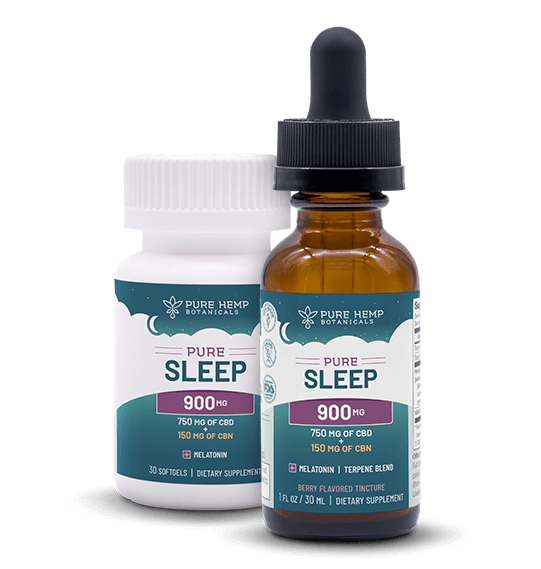We count on sleep, our mind and body needs it! Even one Sleepless night can affect your health and wellbeing.
Quality sleep is a pillar of good health and is essential for balance, along with a nutritious diet and regular activity. Missing the sleep train once is a set back, and missing zzz’s often contributes to a host of health problems, from higher blood pressure to an increased risk of obesity.
So what if poor sleep happens occasionally? Can one miserable night of tossing and turning have negative impacts on your health?
Sleep disorder specialist Samuel Gurevich, MD, explains how a sleepless night affects your mental and physical health — and how to ensure you catch the zzz’s you need.
Cognitive Side Effects of Not Sleeping
If you were up in the wee hours of the night, then chances are you are probably feeling it today.
“Sleep is important because being awake is important,” Dr. Gurevich says. “And one or two nights of bad sleep can impair your ability to function well the next day.”
Too little sleep, even for just one night, has several unpleasant cognitive effects:
- Irritability
- Daytime sleepiness
- Reduced focus
- Poor concentration
- Delayed reaction time
- Poor memory and attention
- Heightened sense of anxiousness and stress
Dr. Gurevich explains that the aftermath of poor sleep means more than an unproductive day and a reach for more coffee, it is the delayed reaction time and lack of attention to your surroundings that comes with big risks.
Attention, reaction, and focus, are important cognitive processes that keep us safe and functioning. When your ability to focus and react quickly is only operating at lets say 65% capacity, it impairs performance and puts you at risk for accidents.
Physical effects of a bad night’s sleep
Missing out on deep sleep night after night over extended periods of time can lead to all sorts of serious physical effects — including problems for your heart health.
But even a few nights of poor sleep can take a toll on your body and mind. A lack of sleep causes an increase in stress hormones, which have a direct affect on your mood and energy levels. This imbalance in stress hormones can trigger your resting heart rate and blood pressure to increase.
Those changes aren’t usually worrisome if they happen occasionally. “The body and brain recuperate quite well from one or two sleepless nights,” says Dr. Gurevich. “But if it stretches into a month or more, that can have lasting impacts on your heart health, mental health and cognitive abilities.”
What are the health benefits of good sleep?
Sleep isn’t just idle time. The body relies on those zzz’s to perform important healing and restoration processes for optimal function and wellness. Getting a good night’s rest benefits your health and well-being in some important ways:
Brain function
When you are asleep your brain retains information and memories. It works as an organizer taking in and storing all the important things you might need to remember. When you’re sleep-deprived, your memory will not be as sharp. Sleep also helps your brain regulate emotions. That’s why you may feel more irritable and moody when you don’t sleep well.
Tissue repair
Your body makes important repairs when you are asleep by releasing proteins and hormones that help restore damaged tissues and muscles. This happens on a minor and major scale and sleeping well will speed up the healing time. Tissue repair is especially important for injury recovery and after strenuous physical activity.
Immune system function
Taking vitamin C is great, but a key component to a healthy functioning immune system is sleep. This is by far the best way to support your health and fight off illness. During slumber, your body produces cytokines, proteins that direct immune cells to fight inflammation throughout the body.
Researchers have also found that sleep deprivation increases your body’s production of white blood cells, the same response the body shows when exposed to significant stress. When your body is out of balance, your immune system cannot perform its proper functions to protect you from illness and disease.
How to catch more ZZZs
Make sleep a priority. You want to make sure you are sleeping well and getting enough shut eye every night. Unfortunately, falling asleep and staying asleep doesn’t always come easily. If you have a hard time getting to sleep and staying asleep here are some suggestions.
Here are some tips and natural sleep remedies:
- Sleep Environment: Make sure you have a cool, quiet, dark environment to sleep in. Avoid bright lights.
- Nightly Routine: Practice calming techniques to prepare for sleep. Turn off all screens an hour before bedtime. Try reading a book or have a warm bath to relax your body and mind. Have a cup of Hemp tea or a serving of Pure Sleep to support deep rest.
- Diet and Exercise: Don’t consume caffeine or alcohol before bedtime. And if you exercise in the evening, finish two or three hours before you go to bed. Try melatonin if you need help inducing sleepiness. Pure Sleep contains 2mg of Melatonin in one serving .
- Consider Your Stressors: Identify stressors in your life that keep you tossing and turning at night. Take steps to help yourself get resolve and find techniques to release stress such as daily exercise or journaling before bed.
- Focus on Your Health: Talk to your doctor if you think there is an underlying health issue preventing you from sleeping.
Be patient and kind to yourself. It may take some time to discover what works best for you. Prioritizing your sleep will set you up for success to achieve your wellness goals.






